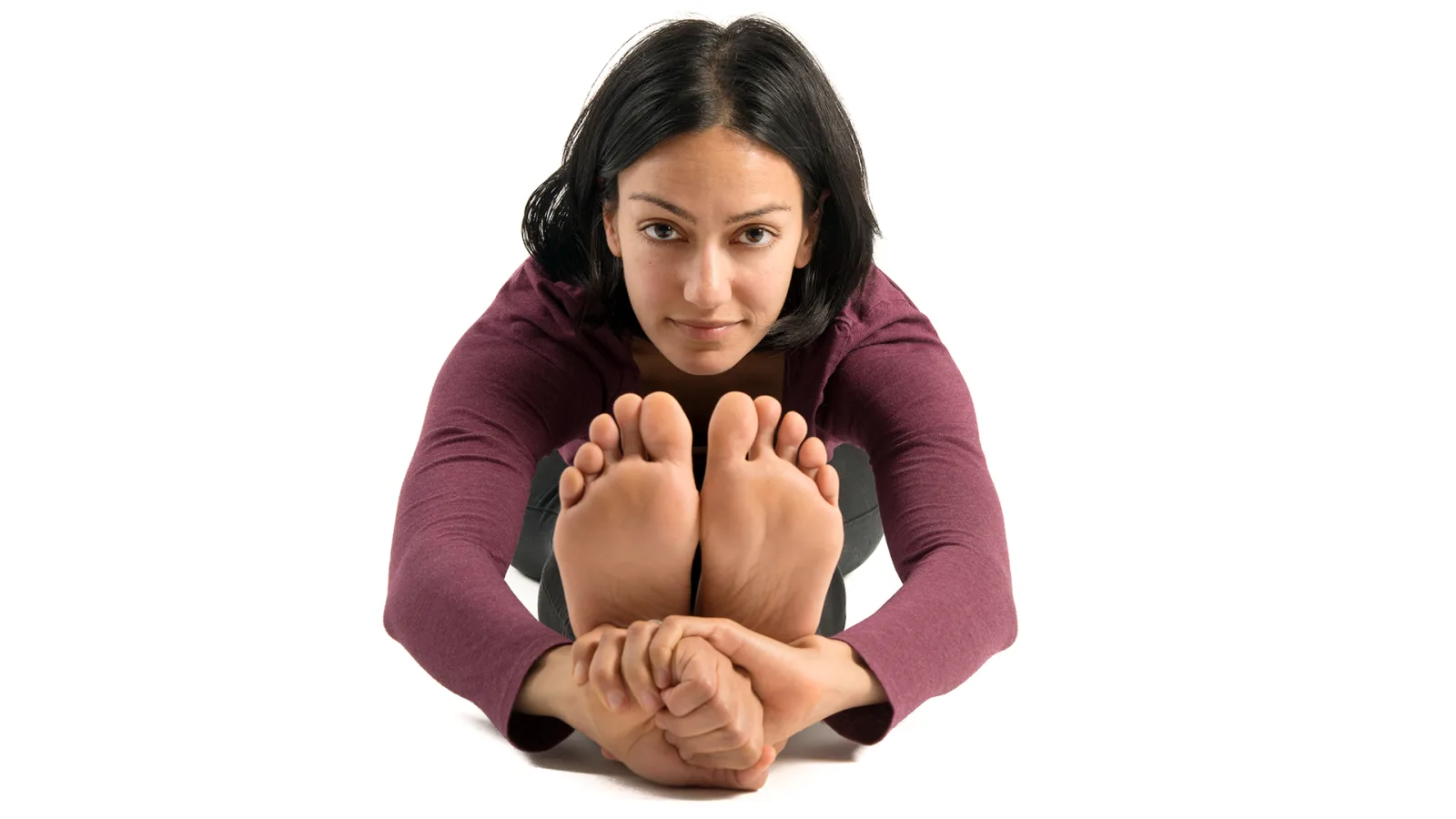
Pranidhi Varshney Is #WhatAYogiLooksLike
This is the third individual spotlight in of the (#whatayogilookslike) media series, a collaboration between the and Yoga International based on the YBIC that launched in 2014 and their continued work in challenging stereotypes, growing community, working collaboratively, and highlighting the diversity of yoga practitioners and yoga practices, as well as a staunch commitment to diversifying yoga media.
About Pranidhi
Pranidhi Varshney is the founder of Yoga Shala West, a community-supported Ashtanga yoga studio in West Los Angeles. To support yoga practice on and off the mat, she writes regularly, has released an album of Sanskrit chanting, is a Yoga Gives Back ambassador, and sits on the advisory board of the Yoga and Body Image Coalition. You can find her writing featured in The Huffington Post, Do You Yoga, and Elephant Journal.
Through all her work, she aims to build community and touch hearts.
Pranidhi, you and Yoga Shala West bring a centered, calm presence to West LA. How has yoga transformed you? Yoga practice gives me a visceral experience of reality—not how I wish it to be but as it is, within my body, breath, and mind. This experience changes everything. It allows me to become witness to destructive thought and behavior patterns, and allows me to get in touch with my emotional center.
How do you connect your own journey with yoga to teaching yoga to others? Yoga has transformed me into a more authentic expression of myself. It's given me the tools to practice self-discovery and self-care. It’s only through dedication to my personal practice that I’m able to cultivate loving and honest relationships with my students. Along with these relationships, one of the greatest gifts of the shala has been watching such a supportive community emerge. Teaching is a beautiful practice in and of itself. I’m continuing to learn, and integrating the lessons more deeply each day. The joyful work continues.
So I know some of your studio’s core values are diversity and accessibility. How do you think yoga promotes diversity, positivity, and inclusiveness? Yoga practice is suitable for every body. This is what I've been taught and I do my best to welcome each student who walks in the door with open arms. At Yoga Shala West we promote diversity and inclusiveness by removing financial barriers to practice. Our fee structure is contribution-based, meaning monthly members contribute what they can sustainably afford each month. This automatically diversifies our community and creates strong bonds of trust.
In terms of teaching, I make it a point to make the practice of Ashtanga yoga accessible for students of all shapes, ages, and circumstances. This is the beauty of our method—through direct relationship between student and teacher, a deeply personal practice can be developed.
How do you utilize yoga to empower yourself and others? Yoga is the most empowering thing I've ever done! It's given me strength—physically, mentally, and emotionally—far beyond my expectations. On a tangible level, there's power in asana. In being able to do something that seemed impossible, simply by commitment to practice. And on an emotional and psychological level, yoga practice opens the door to profound self-acceptance. This is where real power comes from.
I find that as I deepen my inner transformation, the effects of that work automatically ripple outward. At the same time, it's important to be intentional in what we are designing for as yoga teachers and leaders in the community. What conditions are we creating as we structure and operate our businesses, and what kind of impact are we having on contemporary yoga culture? Asking ourselves these types of questions is imperative as we move forward. Our actions must reflect our values.
So who do you learn from? Do you have an inspiring teacher? What is something they’ve shared that’s resonated and remained with you. My teacher is Manju Jois, son of Pattabhi Jois, and the thing that inspires me most about him is his smile. It radiates joy and I feel happier and more content simply by being around him. To me, this is the mark of a great teacher. Manju says that a teacher should be kind, humble, and happy. This is what I try to embody.
What are your hopes for the future of yoga in the West? I hope that as the practice of yoga continues to reach more people, it remains connected to its true purpose of self-discovery and union. I hope that the students of yoga build a strong, supportive community based on respect. I hope we challenge ourselves to live and work in alignment with yogic principles. I hope we learn to love ourselves and each other.
Pranidhi is #whatayogilookslike. YOU are #whatayogilookslike. You too can show everyone #whatayogilookslike and spread the message by creating your own #whatayogilookslike profile picture to share on social media.